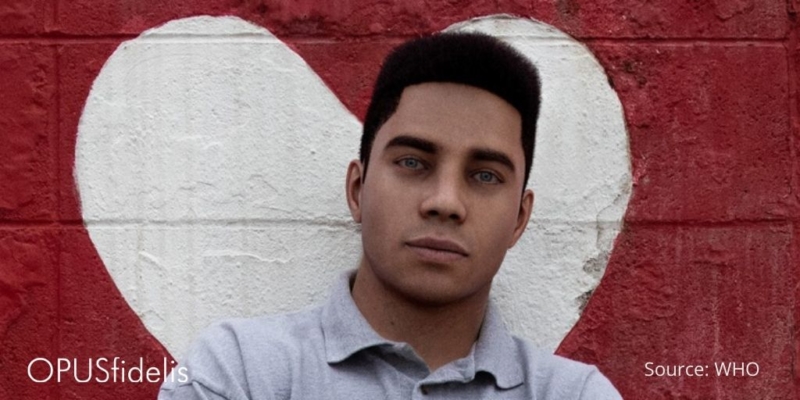In a campaign to raise COVID-19 relief funds, the World Health Organization has “partnered” with a virtual influencer named Knox Frost. The “partnership” has been made possible through social data firm Influential.
With a bio that reads “Atlanta, 20, here to tell my story,” Knox’s Instagram account boasts 1.1 million followers. In an Instagram post announcing the partnership, Knox said:
I’ve partnered with @WHO to combat corona. Let’s show them younger generations are in this fight, too.” The post includes a link to the COVID-19 Solidarity Response Fund, which accepts donations of $25 or more.
Knox Frost will also be promoting social distancing and other corona-era health guidelines as part of WHO’s efforts to reach younger audiences.
The Rise of Virtual Influencers
Now, if you aren’t on the cutting edge of social media, you might be wondering what the blazes a “virtual influencer” is – and rightfully so. Virtual influencers are personas created using computer-generated imaging, script-writers – and in some cases, even a “donated” voice. In other words, an agency will create an account for a manufactured personality. The weird thing is, many of these influencers actually have a decent following. Miquela de Sousa – or Lil Miquela, as she is also known – has over 2 million followers on Instagram. And in an era where celebrities inundate the interwebs with highly-edited photos already far from reality, some argue that the concern over “realness” is overblown.
The benefit? Agencies have total control over the influencer and their messaging. For others, the vacant, plastic-looking characters are just a little eerie.
It’s a brave new world… and well, some of us maybe just aren’t brave enough yet.
Find out more about the evolution and effectiveness of influencer marketing in our post, “Is the age of influencer marketing over?”


